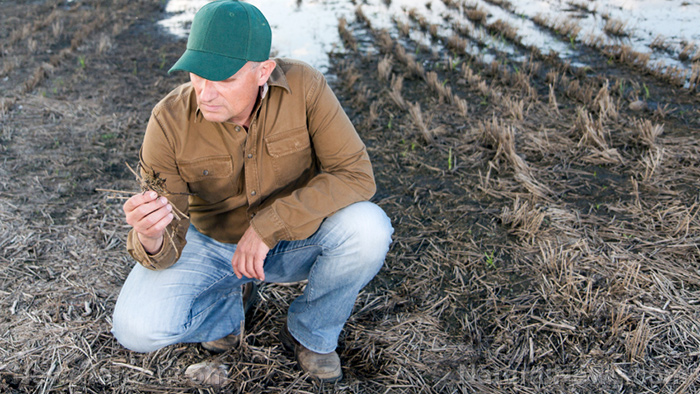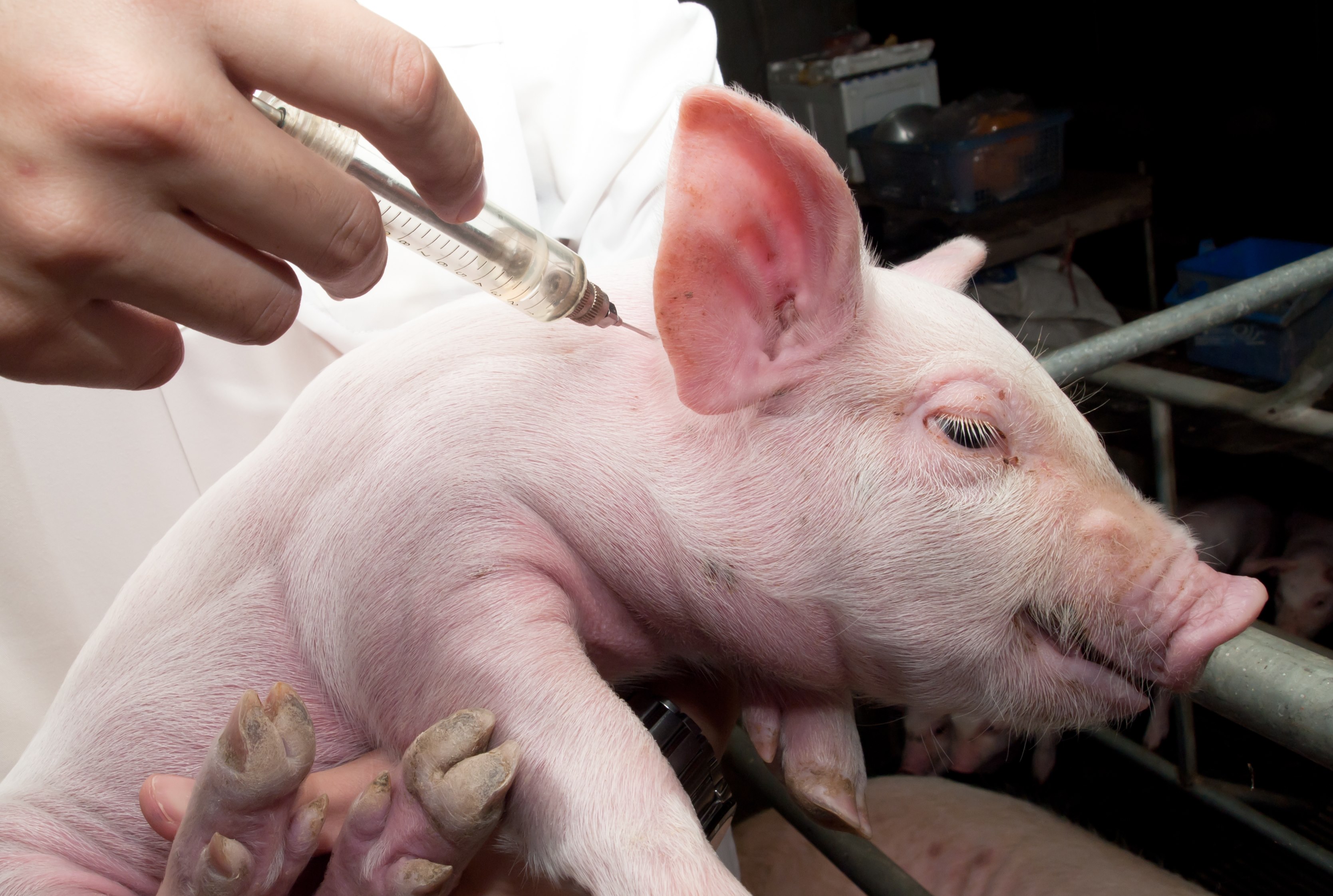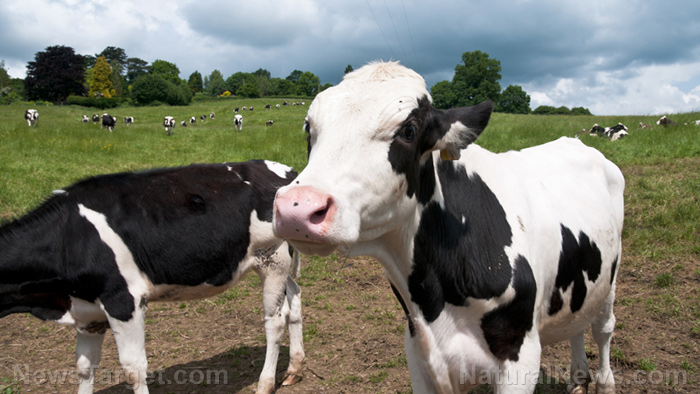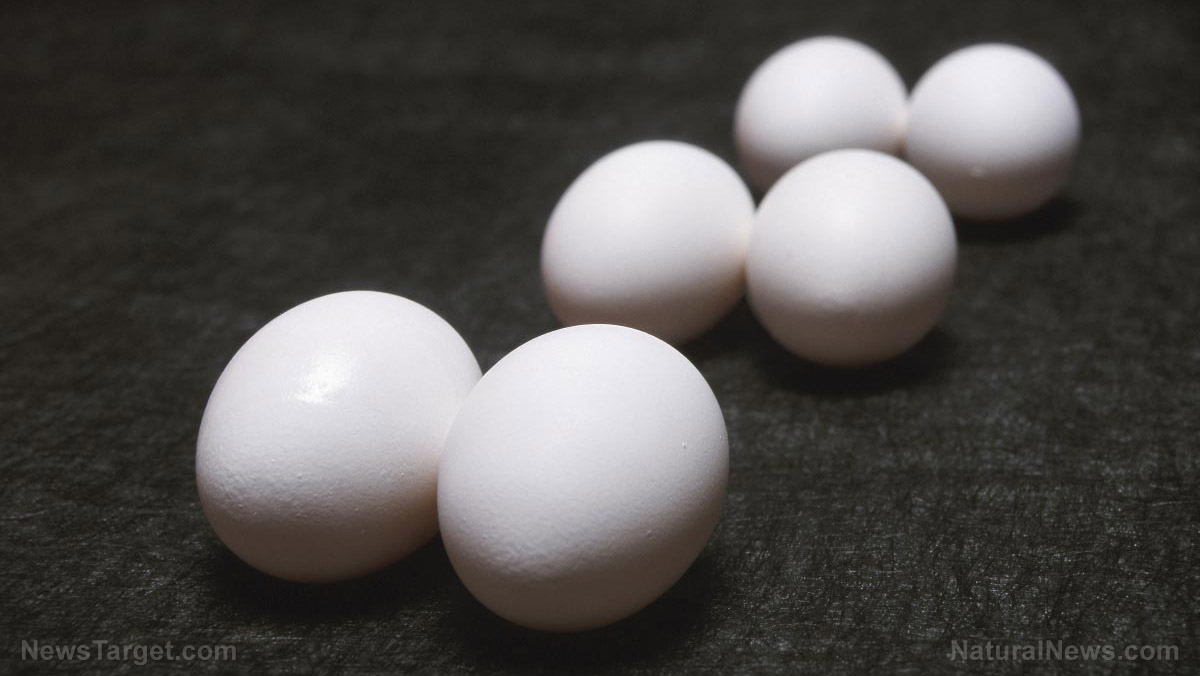
Robots and AI are poised to take over a host of human jobs -- especially in the fast food industry, if McDonald's is any indication. Now, it looks like there may be hope for robots to replace pesticides, too. Chemical pesticides peddled by the biotech and agricultural industries have proven themselves to be harmful to humans, the environment and everything in between, but new solar-powered robots could offer an alternative to toxic sprays. Could these newly developed, weed-picking robots actually save the day?
The Swiss machines stand to disrupt a $100 billion industry and reduce herbicide use by a staggering 90 percent, but there could be a number of hurdles in the way. As we've seen time and time again, the agricultural industry's largest players aren't going to sit idly by while a newer and better option comes into play.
New, solar-powered machines could stamp out weeds -- without toxins
The new weeder is being developed by Swiss-based ecoRobotix. The company was born in 2011, with one goal in mind for their autonomous weeding machines: to 'help farmers to produce healthier food with a more efficient and sustainable use of herbicides," as their website states. The company believes its products could reduce the amount of pesticide spraying farmers currently rely on by up to 20 times. Daily Mail reports that the Swiss company is hopeful that their robots will be on the market by 2019.
But it's not just the Swiss who are developing alternatives to indiscriminately spraying toxins on acres of farmland. In the U.S., tractor company Deere & Co recently acquired a startup with similar, pesticide-reducing goals in mind. Blue River, a tech company hailing from California's Silicon Valley, developed a "See and Spray" machine. The robot is described as using "on-board cameras to distinguish weeds from crops and only squirt herbicides where necessary."
Blue River estimates that their technology could reduce herbicide spraying by up to 90 percent -- certainly nothing to sneeze at. And it just goes to show how much needless pesticide spraying there is in the agricultural industry. But in spite of all this innovation, there are growing concerns about this new technology, namely: Will it benefit farmers or the environment, or will it just be another profit-making venture for Big Ag?
AI weed control concerns abound
If you were hoping that AI-oriented weed control efforts might finally spell the end of an era for Monsanto (soon to be known as Bayer), there's sad news: Monsanto and Bayer are already working on their own targeted spraying machines.
Once Bayer's merger with Monsanto is complete, they will be the largest seed and pesticide maker in the world -- and their monopoly will undoubtedly be used in their favor. Changing over to AI-driven weeders will be costly for farmers, even if they aren't interested in reducing their pesticide spraying. Given that so many farmers are already using Bayer-Monsanto's patented seeds and weedkillers, how likely do you think it will be that Bayer will find a way to make sure farmers use their spraying machines, too? Seems like a substantial possibility, doesn't it?
As the Mail reports, the world's most hated conglomerate plans "to outpace rivals by using an on-board arsenal of up to six different herbicides." A recipe for disaster, no doubt.
More concerning, however, is the fact that industry talking heads are already considering attempts at reviving failed pesticides; ones deemed too expensive or exotic will now be on the table. As experts note, targeted spraying machines will reduce the amount of pesticide that has to be used -- and ultimately, reduce costs for farmers. And of course, the industry will come up with new, more expensive (and more toxic) sprays to make up the difference.
Corporate interests are once again taking something that could be used for good, and twisting it into something evil. Read more about the impact of pesticide use on the safety or our food at Pesticides.news.
Sources for this article include:
Please contact us for more information.




















